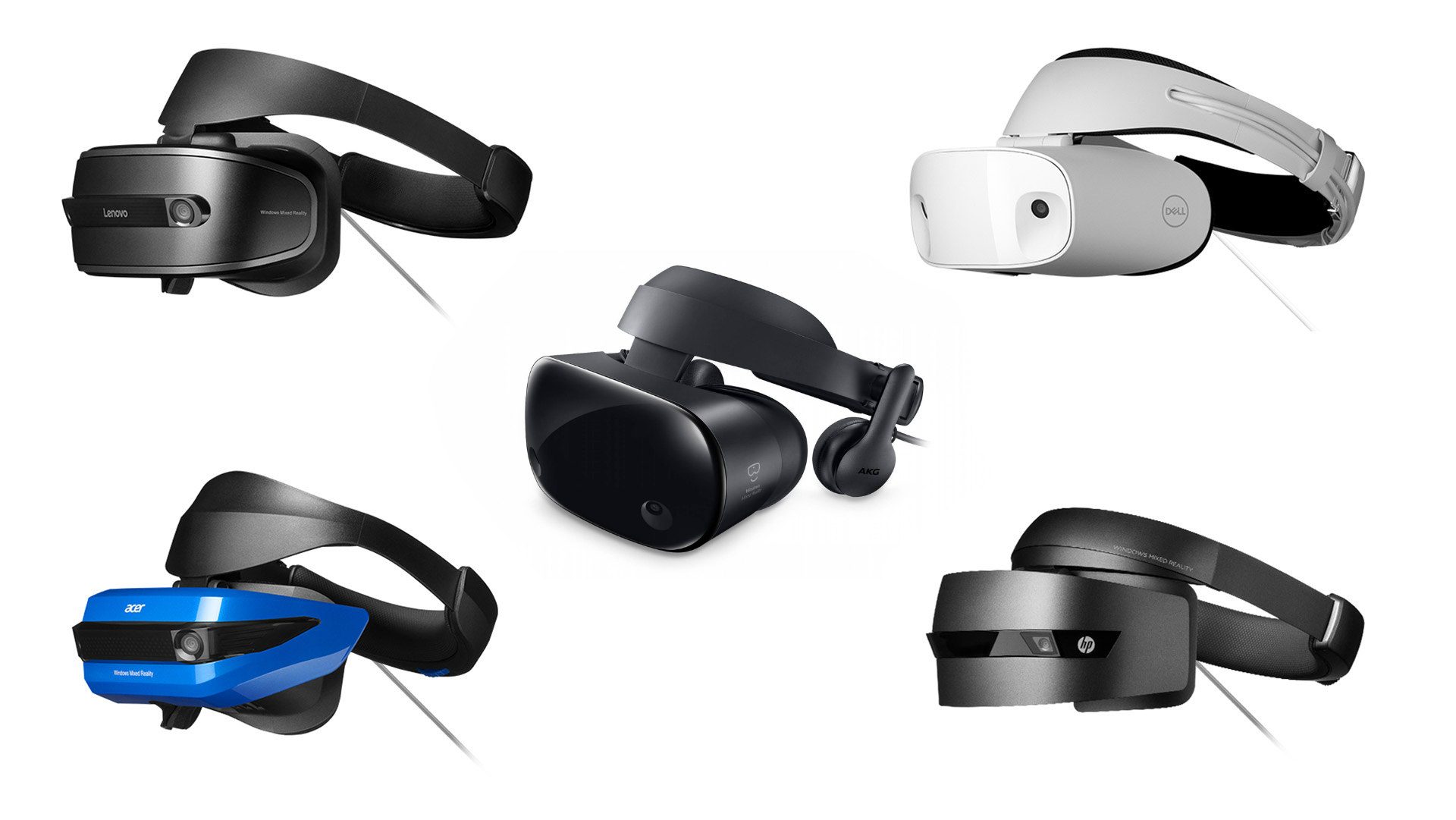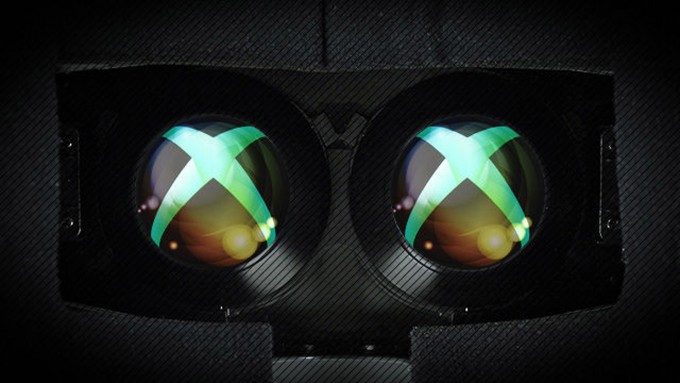Back at E3 2016, Microsoft’s Head of Xbox Phil Spencer announced on stage that the Xbox One X (then ‘Project Scorpio’) would become the industry’s next VR-compatible console, positioning the platform to compete with Sony’s PSVR with what Spencer called “high fidelity VR.” Now, it appears, Microsoft’s chief marketing officer for gaming Mike Nichols has put a final nail in the Xbox One VR coffin in a recent GamesIndustry.biz interview, saying the company doesn’t have “any plans specific to Xbox One consoles.”
The company was initially bullish about Xbox One VR integration back in 2016, which included the announcement that Bethesda would eventually bring Fallout 4 VR (2018) to the platform—a game that still hasn’t made it to PSVR. Shortly after, Microsoft backpedaled however, indicating that one major roadblock to VR on Xbox was the ability to offer a fully wireless experience. Trouble in paradise? We weren’t so sure.


After two years of near silence on the team’s promised integration of VR into the Xbox ecosystem, Spencer offered a bold glimpse of the team’s future tech on stage at E3 2018, including gaming AI and new consoles (plural), but critically left out VR as area of future investment. The talk of new consoles comes less than one year since the Xbox One X hardware refresh was released in November 2017. Only one month prior, the company released a bevy of Windows VR headsets from various PC hardware vendors, and a big update to Windows 10 which bakes VR directly into the operating system.
Until now, Microsoft has almost entirely silent about their promise, which Spencer said in 2016 would “lead the industry into a future in which true 4K gaming and high-fidelity VR are the standard, not an exception.” Now that appears to have changed completely.
“We don’t have any plans specific to Xbox consoles in virtual reality or mixed reality,” Nichols told Games Industry. “Our perspective on it has been and continues to be that the PC is probably the best platform for more immersive VR and MR. As an open platform, it just allows faster, more rapid iteration. There are plenty of companies investing in it in the hardware side and the content side, or some combination therein. Obviously on phones, augmented reality is a good scenario as well that’s going to grow. But as it relates to Xbox, no. Our focus is primarily on experiences you would play on your TV, and ultimately we’d like to make those experiences more broadly.”
While it’s clear the company as a whole is investing in both virtual reality and augmented reality, any hope for Windows “Mixed Reality” VR compatibility is entirely gone, as the Xbox team dials in on it next TV-centric console(s), which according to Nichols’ statement, continues to be the company’s primary focus for its consoles.

